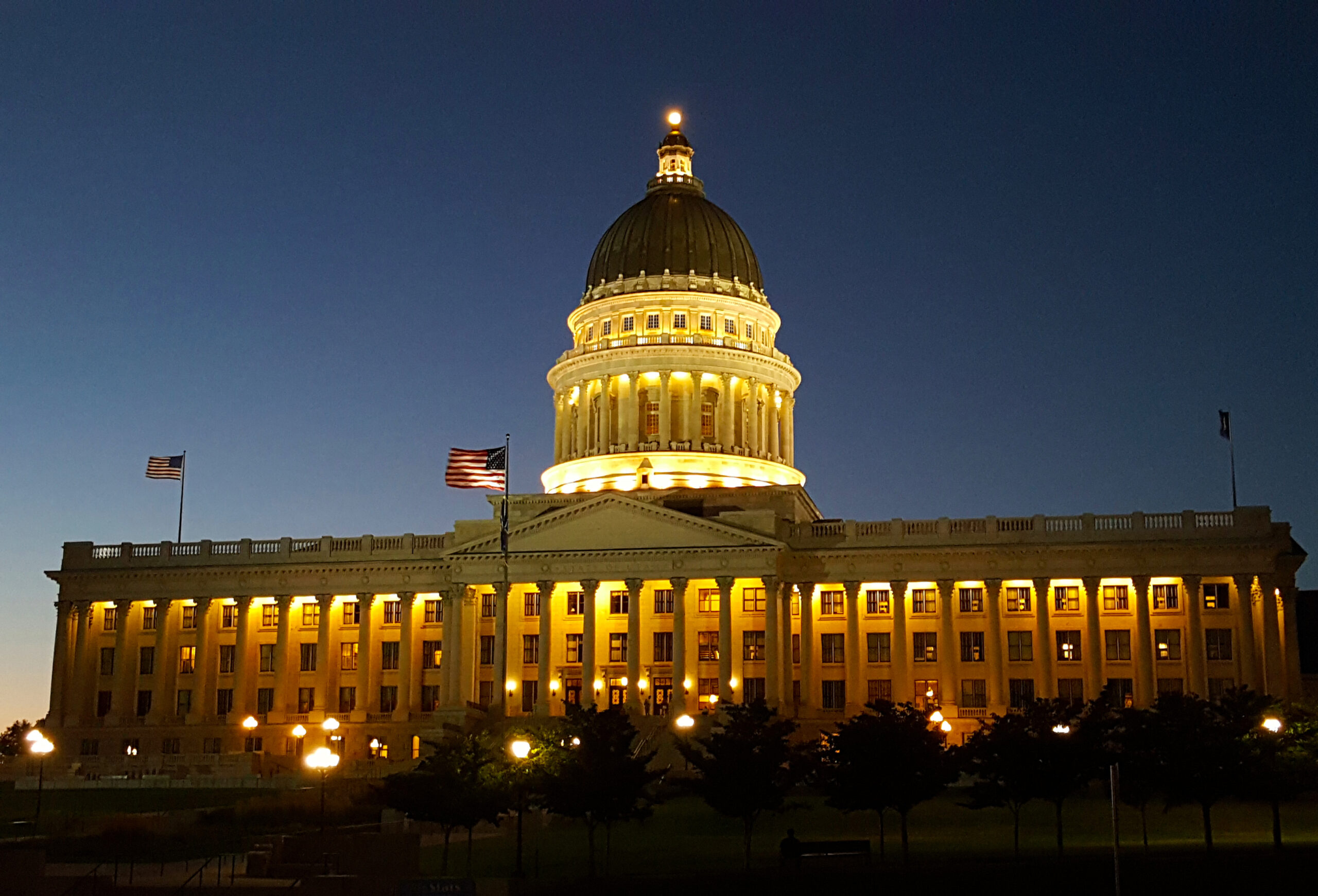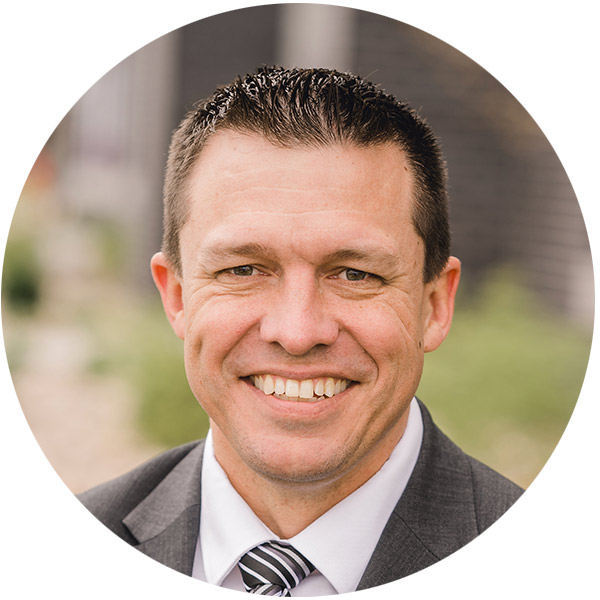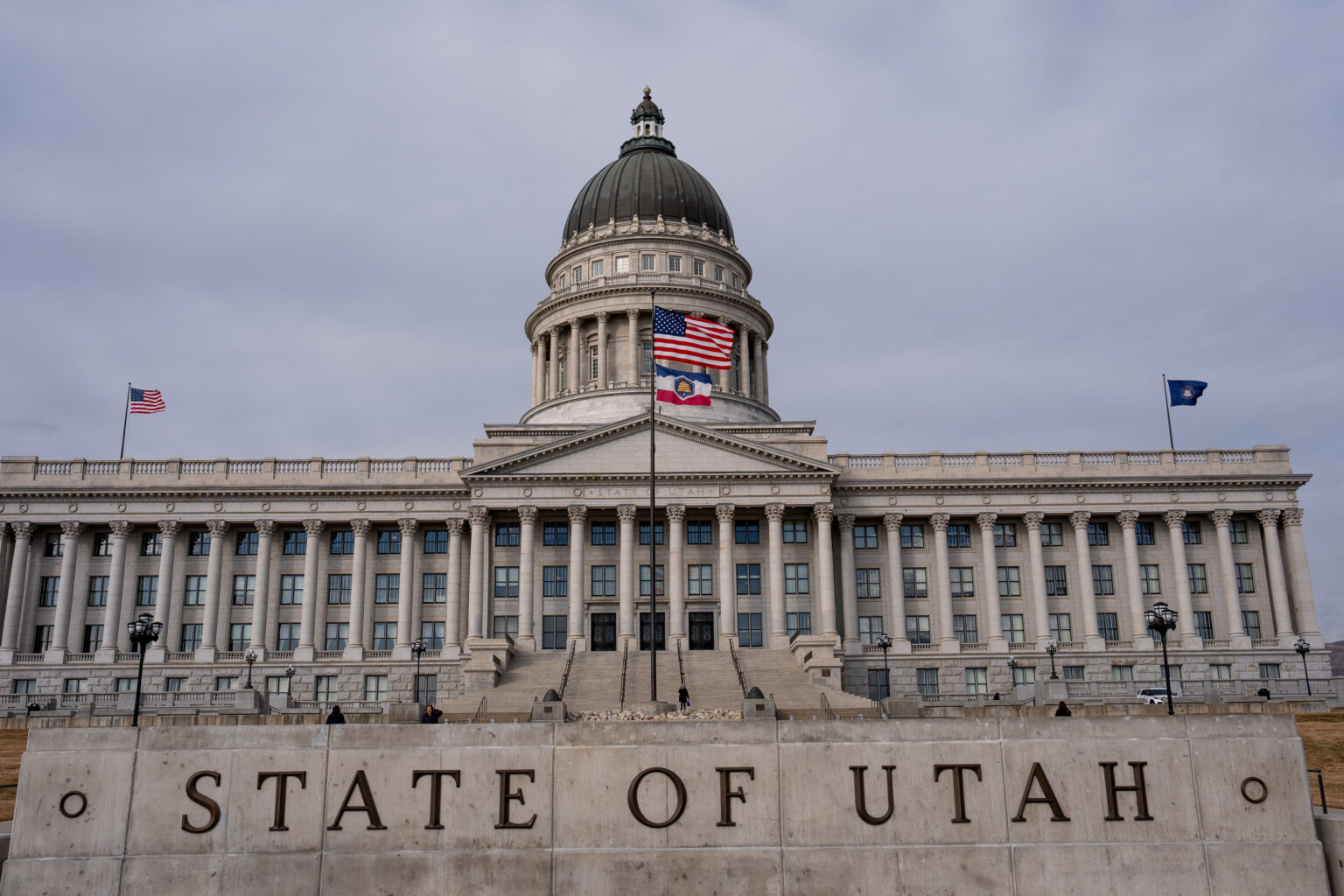Libertas will fight to change the way licensing works in the state of Utah. The government has become a barrier, preventing individuals from increasing their income through better employment due to unnecessary licensing requirements that are unrelated to health and safety. We do not believe the government should decide who is qualified to work.
The Problem
Utah requires a license or certificate for 254 different occupations. That is a lot of red tape.
Licensing began with good intentions: protecting health and safety. No one wants an untrained surgeon picking up a scalpel. But when you look closer, many requirements do not make sense.
But Utah requires a license for jobs such as interior design and auctioneering. How do those jobs impact health and safety? The answer: they don’t.
Let’s take massage therapy, for example. In Utah, becoming a massage therapist requires 600 hours of training. Becoming an EMT, someone who literally saves lives, requires 150 hours.
Training hours are not the only onerous requirement for securing some licenses. Nearly half of Utah’s licensed jobs require a college degree. For the average individual, earning a bachelor’s degree takes six years and leaves them with tens of thousands worth of debt. But it gets worse. Fewer than half of graduates end up with jobs that require a college degree in the first place. If a private employer wants to require a degree, they can, but it shouldn’t be a requirement for a government-issued license.
The learner is not the only one to bear the cost of licensing. Economists estimate that licensing inflates costs for consumers by up to 15 percent. Childcare, personal services, and housing all become more expensive as licensed workers must raise prices in order to recoup the cost of unnecessary training.
It does not have to be this way. Florida rolled back licensing in dozens of fields, such as interior design and cosmetology without compromising safety. Colorado allows apprenticeships and industry certifications to replace degree mandates in certain industries. Utah can do this too.
Consider the teenager who skipped college but earned a Google IT certificate. Within months he landed a $65,000 job, debt free. All of this was achieved without the unnecessary time and effort of getting a degree. But in many licensed industries, people like him do not get that chance. The lack of a college degree prevents many from becoming licensed to work, all while employers struggle to find employees.

Our Policy Solution
Last year, Utah took a small step to improve certification problems by recognizing some out-of-state licenses and permitting alternative paths to licensure for occupations like architecture. But there is more to be done.
Libertas is proposing the following changes in Utah law to improve the licensure process:
- Recognize all out-of-state licenses as equivalent in Utah.
- Eliminate degree requirements for all jobs, including healthcare, legal services, and other white-collar jobs.
- Provide alternative pathways to demonstrate competency for education.
- Similar to the tech sector, allow for industry recognized certifications as a replacement for bachelor’s degree requirements.
- Create or improve apprenticeship pathways for white-collar jobs. This could include paralegals with a few years of experience to sit for the bar exam, and registered nurses to become nurse practitioners without requiring a master’s degree.
Workers in Utah need fewer gatekeepers and more open doors. They need multiple paths to prove their skills and build careers without waiting for permission from a board or paying for years of unnecessary schooling.
Licensing reform is not just about economics. It is about freedom. The freedom to work, to compete, and to provide for your family without government interference.






